Prof.dr. Asghar Seyed-Gohrab - 30 January 2026 , Blogs
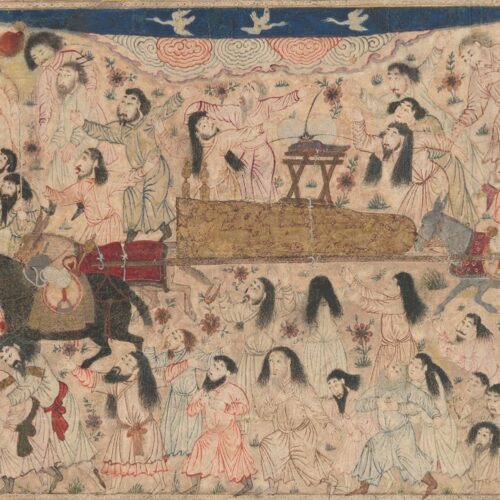
Beyond Sharia: The role of Sufism in Shaping Islam is led by Prof. dr. Asghar Seyed-Gohrab. Asghar Seyed-Gohrab’s research covers fields such as Persian poetry as a living tradition, Islamic mysticism (Sufism), and the history of Shiism. Central to Seyed-Gohrab’s research is the study of medieval Persian poetry (both secular and religious) and its reception in the modern world, examining how medieval poetry, mystical concepts and philosophical notions are deployed in modern Iranian politics, in popular culture, in visual representations, and in social media.
In his recent NWO-funded research, Seyed-Gohrab examined the use of classical Persian poetry and medieval mystical and philosophical concepts in three central episodes in twentieth-century Iran. At the time of the Constitutional Revolution (1905-11), poetry became a vehicle for introducing Western social and political ideas. During the Iranian Revolution (1978-79), ayatollah Khomeini used poetry to express his mystical ideals; he also used mystical concepts in order to buttress his theory of Islamic government. During the Iran-Iraq war (1980-1988), poetry became part of the state propaganda, supporting the cult of martyrdom, which in the crisis became an icon of national identity and a means to justify violence. Poetry was also used on an intensely personal level, to process the horrors and quandaries of revolution and war. All three episodes were marked by a paradox: the constitutionalists struggled for political and economic independence from the same nations that inspired social and political reforms during the Constitutional Revolution; the mystic-poet Khomeini would not hurt a fly but his political ideology was ruthless; and mystical ideals of peacefulness and everlasting life were used in the Iran-Iraq war to incite people to violence, or even give up their own lives.
Video: “Beyond Sharia: Asghar Seyed-Gohrab on the Role of Sufism in Shaping Islam” (2024)
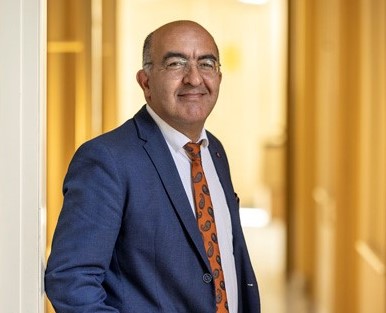
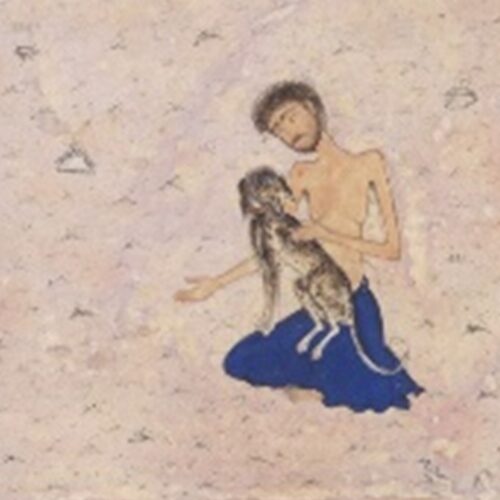
Prof.dr. Asghar Seyed-Gohrab - 16 January 2025 , Blogs
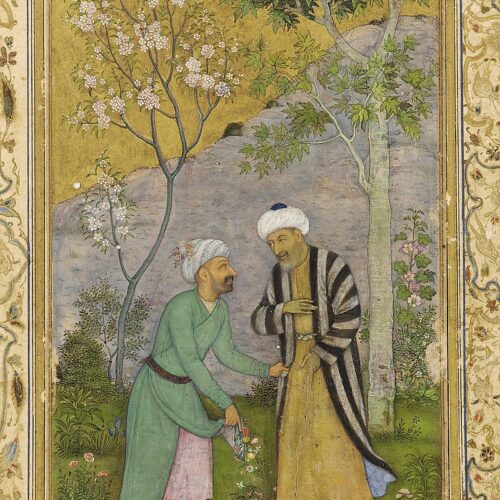
Prof.dr. Asghar Seyed-Gohrab - 6 March 2024 , Blogs, Home
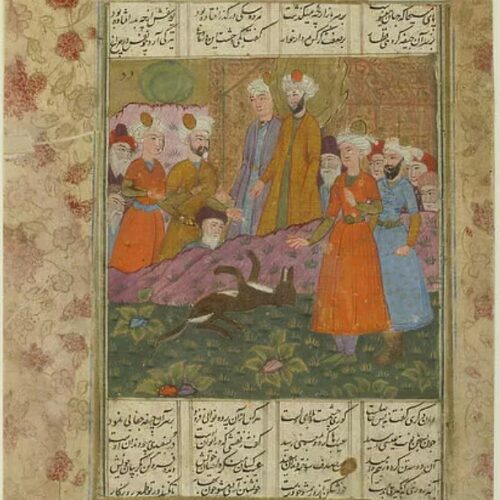
Prof.dr. Asghar Seyed-Gohrab - 10 March 2023 , Blogs, Home
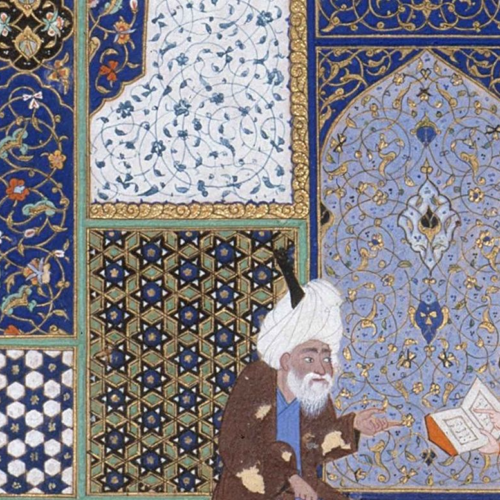
Prof.dr. Asghar Seyed-Gohrab - 3 March 2023 , Blogs

Prof.dr. Asghar Seyed-Gohrab - 2 March 2023 , Blogs
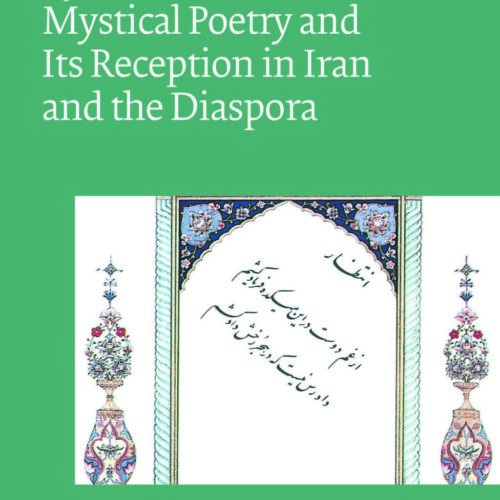
Prof.dr. Asghar Seyed-Gohrab - 15 February 2023 , News